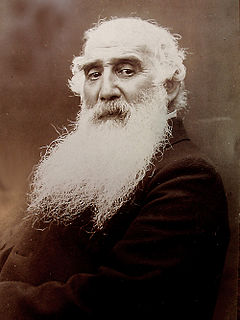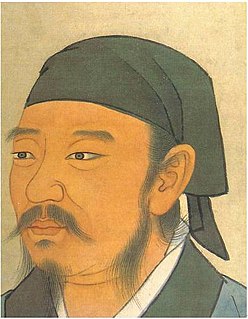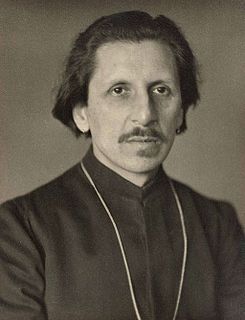A Quote by Swami Vivekananda
We first observe facts, then generalise, and then draw conclusions or principles.
Quote Topics
Related Quotes
In collage you're doing it in stages so you're not actually doing it right there. You first of all draw it on the paper, then you cut it up, then you paste it down, then you change it, then you shove it about, then you may paint bits of it over, so actually you're not making the picture there and then, you're making it through a process, so it's not so spontaneous.
Too many scholars think of research as purely a cerebral pursuit. If we do nothing with the knowledge we gain, then we have wasted our study. Books can store information better than we can--what we we do that books cannot is interpret. So if one is not going to draw conclusions, then one might as well just leave the information in the texts.





































